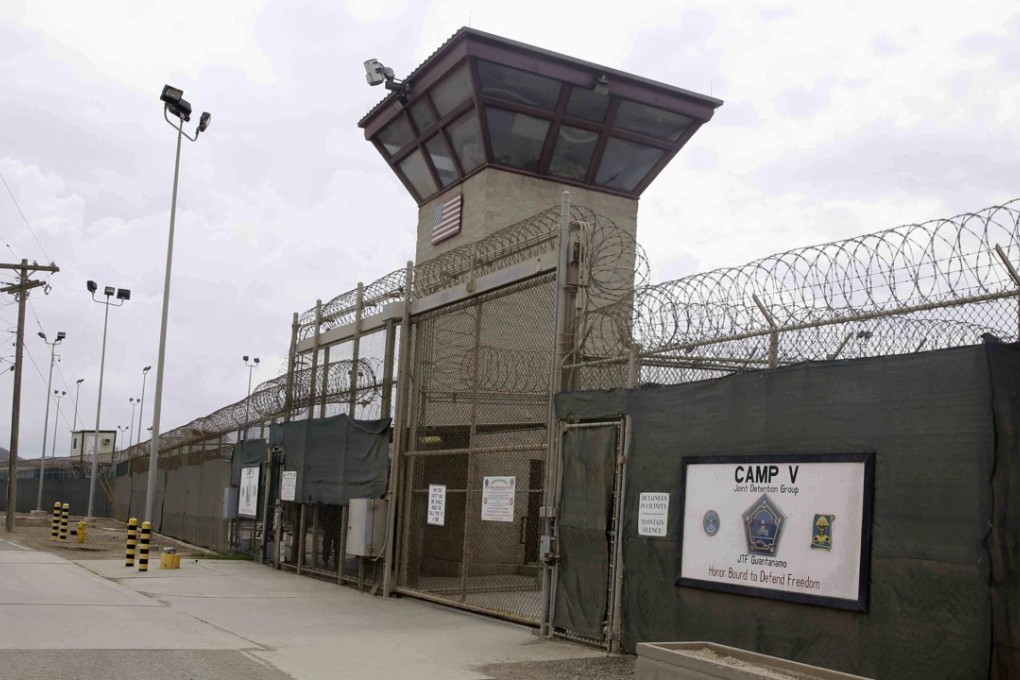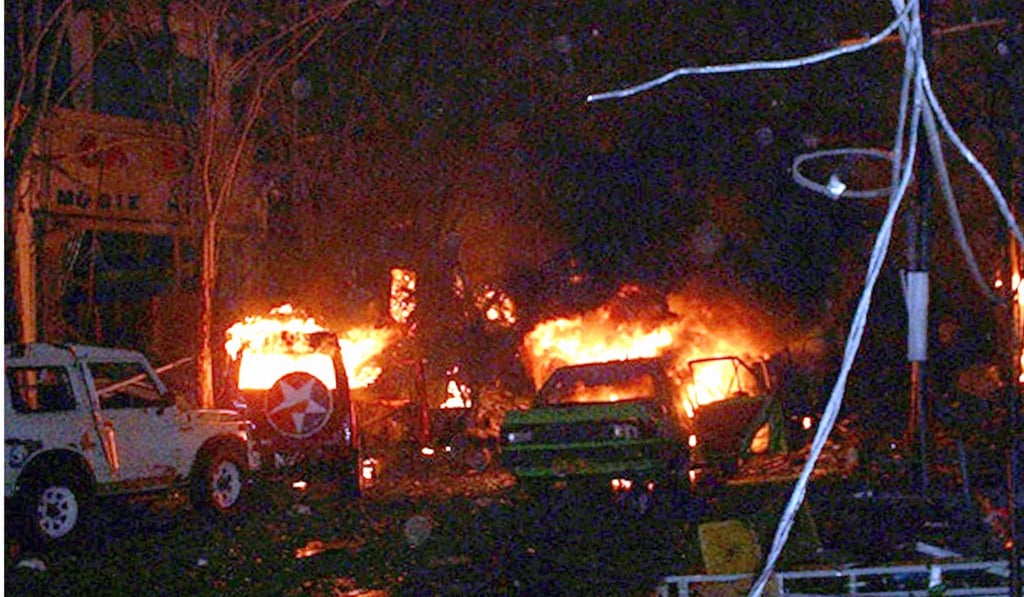Guantanamo prosecutor charges three over Southeast Asia terror plots

A US prosecutor has issued charges against the alleged leader of an al-Qaeda affiliate in Southeast Asia, blaming him for the 2002 Bali nightclub bombing and adding two Malaysian captives to the proposed case as alleged co-conspirators.
A copy of the non-capital charge sheet obtained by The Miami Herald, accuses Indonesian Riduan bin Isomuddin, known as Hambali, of sending fighters from his Islamic extremist group Jemaah Islamiyah to Afghanistan after the September 11, attacks to meet Osama bin Laden and carry out suicide bombings.
The would-be suicide bombers were Bashir Lap, known as Lillie; and Mohd Farik Bin Amin, known as Zubair, two Malaysian prisoners at Guantanamo cast as Hambali acolytes. Together the three are accused of murder, terrorism, attacking civilians and civilian objects, attempted murder, intentionally causing serious bodily injury and destruction of property as a war crime.

Pentagon officials provided no explanation for the development. In June, the war court prosecutor charged Hambali, blaming him for the 2002 Bali nightclub bombings and the 2003 attack on the JW Marriott hotel in Jakarta that between them killed more than 200 people. But Army Brigadier General Mark Martins, the chief prosecutor, never moved forward on them.
The new charges still accuse Hambali of a role in the three simultaneous October 12, 2002 bombings in the Indonesian island tourist destination of Bali – in a pub, near a dance club and the US Consulate – that killed 202 people. Australia sustained the largest number of casualties, 88 dead, followed by Indonesia with 38. Seven Americans were also killed.